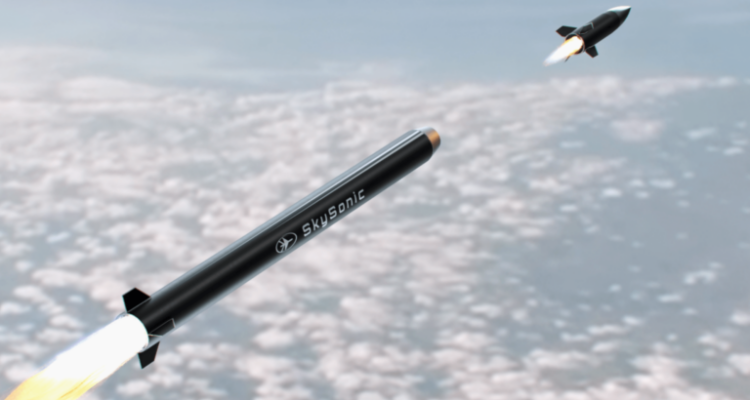Israel continues to lead in the development of air defense systems, announcing the new ‘SkySonic’ hypersonic missile interceptor system.
By TPS
Israel’s Rafael Advanced Defense Systems on Wednesday announced the development of what it said was the world’s first hypersonic missile interceptor, called SkySonic.
The decision by the state-owned defense contractor to publicize the project comes after last week’s unveiling of what Iran claimed is its first domestically manufactured hypersonic missile.
“We follow the developments and threats in the global arena and, as in the past, advance and develop the most advanced defense systems,” said Dr. Yuval Steinitz, chairman of the Haifa-based Rafael.
SkySonic is in advanced stages of development and will soon undergo its first live flight tests, the company said. Rafael is planning to showcase the interceptor at the Paris Air Show next week, and the firm said that it has already briefed the Pentagon on the development.
Hypersonic missiles can travel at least five times faster than the speed of sound, or 1-5 miles in a second. They follow complex trajectories and have greater maneuverability than ballistic missiles, making them difficult to defend. Most radar systems cannot even detect a hypersonic missile.
Russia, China and the US are the only other countries known to be developing hypersonic missiles.
Iran, a country whose leaders repeatedly call for Israel’s destruction, on June 6 unveiled the “Fattah” missile, that has a reported range of 1,400 kilometers (870 miles) and a maximum speed of Mach 13-15.
“This missile targets the enemy’s anti-missile systems and is a big generational leap in the missile field,” said Amir Ali Hajizadeh, commander of the IRGC’s Aerospace Force.
The day after Iran’s unveiling, Israel’s Defense Minister Yoav Gallant appeared to address the regime in Tehran.
”I hear our enemies boasting about weapons they are developing. To any such development, we have an even better response—whether it be on land, in the air, or in the maritime arena, including both defensive and offensive means,” said Gallant.





